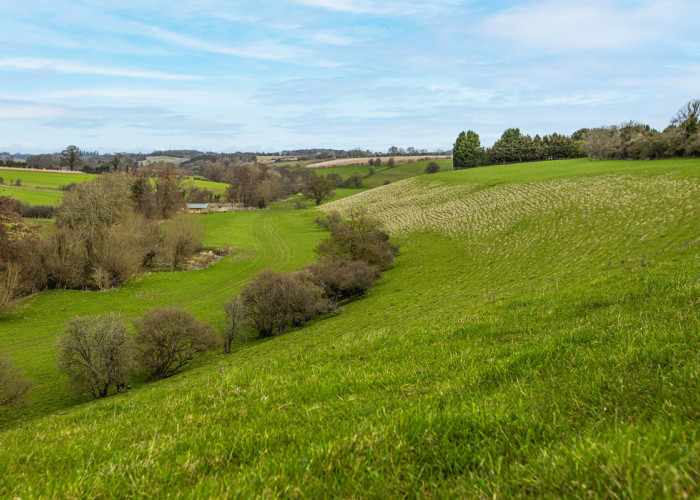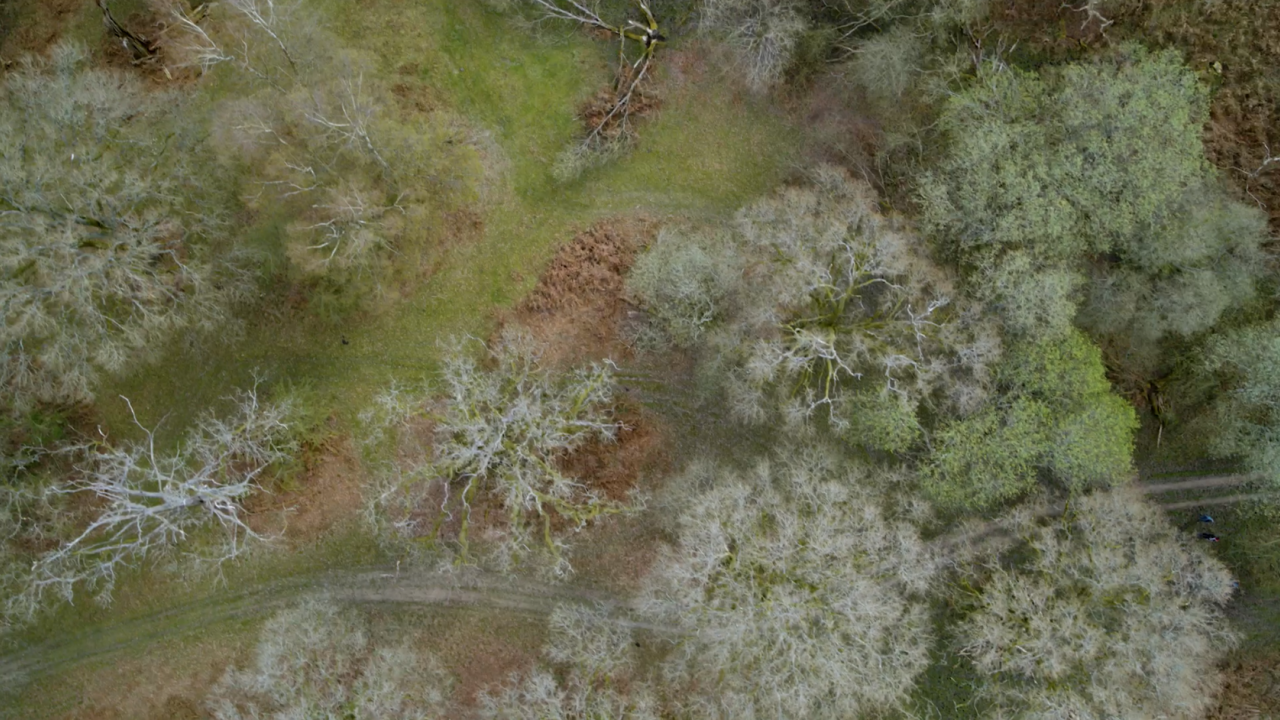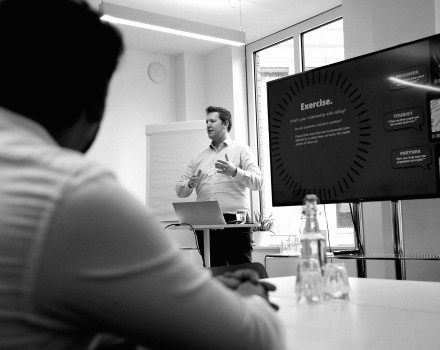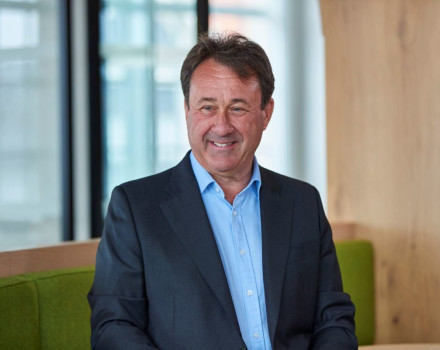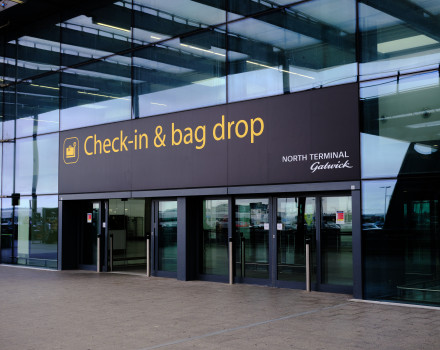BakerHicks’ parent company, Morgan Sindall Group, will create nine new woodlands in partnership with the Blenheim Estate in Oxfordshire, planting more than a quarter of a million trees to transform the land as part of an ambitious series of sustainability initiatives.
Commenting on the new partnership, Blenheim Estates Director, Roy Cox, said:
The project will be delivered in conjunction with Grown In Britain, an independent not-for-profit that the Group helped set up in 2011, who focus on revitalising and investing in woodlands and certifying British wood products.
Green corridor
Forests and woodlands offer numerous benefits, including absorbing and storing carbon from the atmosphere, regulating temperature and cleaning the air. The project will improve the biodiversity of the area significantly, improving the quality of soil, air, water and biodiversity.
Morgan Sindall will help fund, design and create the woodlands, in collaboration with Cotswolds-based forestry company, Nicholsons. The woods will incorporate 28 carefully selected varieties of tree, including Hornbeam, Lime, Sycamore, Wild Cherry, Oak, Norway Maple, Alder and Beech in the mixed woodlands, with an understorey of woody shrub species, such as Hazel, Hawthorn, Viburnums, Euonymus and Dogwoods, to create a diverse and self-sustaining eco-system. Experimental species will also be included to assess climate resilience and a small percentage of conifer planted to provide winter habitats for wildlife.
It is hoped the project, which will regenerate woodland in the Dorn and Glyme Valleys area of the Blenheim Estate, will be the first of many for the Group.
Long-term thinking
Whilst having an immediate impact in terms of biodiversity, soil erosion prevention and cleaner water, this will be a legacy project, which across a quarter of a century will capture a total of 22,000 tonnes of carbon.
The project also aims to set new standards for auditing and transparency, with changes to the air, water and soil monitored, and carbon levels tracked using state-of-the-art technology, including drones with Artificial Intelligence, to quantify environmental changes.
Through the experience and knowledge gained on this project, woodlands are also planned to be integrated into many of the Group’s future designs for housing, development and urban regeneration projects.
A pioneering collaboration
The project will be the first scheme of its type planted under the Forest Canopy Foundation (FCF), a not-for-profit collaboration of private sector forestry companies who have joined forces under the Foundation’s umbrella to demonstrate technical rigour and quality in woodland creation.
Partnering with Grown in Britain, for independent auditing of both expert providers and woodland schemes, the collaboration measures all-natural capital assets, such as cleaner water and air and richer soil, seeking to share and deepen understanding of the worth of woodland creation.
Liz Nicholson, of the FCF, suggested that Morgan Sindall’s investment was pioneering and would blaze a trail for others to follow. The Foundation is working on valuing natural capital to enable companies to invest in environmental projects in a measurable way, developing mechanisms to report ESG investment at board level.
